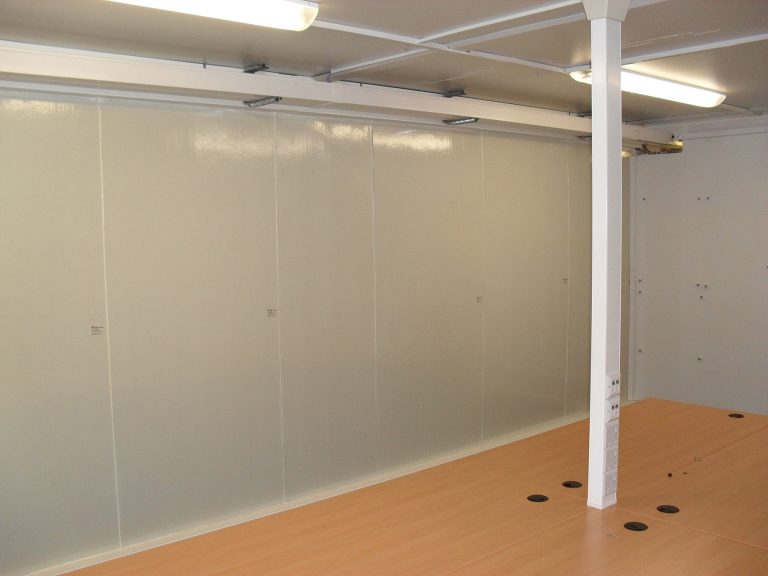Introduction
Imagine living in a space where privacy seamlessly coexists with natural light, without the need for curtains or blinds. This utopian vision is now achievable through the innovative application of smart glass in interior design.
In this blog, we will explore the fascinating realm of smart glass and its potential to transform how we experience privacy within our homes.
The Balance Between Natural Light and Privacy
The allure of natural light is undeniable, but it often comes at the cost of compromising our privacy. Conventional windows necessitate the use of curtains or blinds to shield our interiors from prying eyes. This is where smart glass emerges as a game-changer, offering the perfect equilibrium between unobstructed sunlight and personal privacy. It harmonises these seemingly opposing forces, granting homeowners the freedom to enjoy expansive views while preserving their sanctity.
Benefits of Smart Glass in Interior Design
The applications of smart glass in interior design are vast and transformative. Its ability to instantaneously adapt its transparency presents designers with a canvas of possibilities. Whether it’s partition walls, windows, or bathroom enclosures, smart glass adds a dynamic layer to spaces. Imagine a home office space that effortlessly transforms from an open, collaborative setting to a secluded workspace with a simple command.
Smart Glass for Privacy Control
One of the most remarkable features of smart glass is its remote controllability. Through integration with home automation systems, homeowners can regulate the transparency of their glass surfaces with a smartphone app or voice command. This hands-on approach to privacy empowers individuals to curate their living environment according to their needs, from creating an intimate ambiance for a romantic dinner to safeguarding the privacy of a family gathering.
Privacy Solutions for Different Areas of the Home
Smart glass is exceptionally versatile, adapting to various spaces within the home. In living rooms and bedrooms, it serves as a modern alternative to traditional curtains. Its application extends to bathrooms, where it can transform shower enclosures into private retreats. This versatility eliminates the need for separate materials and provides a streamlined design aesthetic.
Energy Efficiency and Privacy
Beyond its aesthetic benefits, smart glass contributes to energy efficiency. In its opaque state, smart glass acts as an insulator, reducing heat transfer and minimising the need for excessive air conditioning. This dual functionality not only enhances comfort but also aids in reducing energy consumption, making it a sustainable choice for homeowners.
Installation and Maintenance
The installation process for smart glass is akin to conventional glass, with the added integration of electrical components. Skilled professionals ensure that the technology seamlessly merges with the architecture. Maintenance involves routine cleaning and occasional inspections to ensure the electrical components are functioning optimally.
Cost Considerations
The investment in smart glass technology involves various factors, including the type of smart glass chosen, the size of the installation, and the complexity of integration. While the upfront costs may be higher than traditional glass, the long-term benefits in terms of energy savings, enhanced aesthetics, and privacy control often outweigh the initial expenditure.
Privacy Trends in Interior Design
The integration of smart glass in interior design reflects the evolving preferences of homeowners. Today’s designs emphasise fluidity and adaptability, which smart glass readily facilitates. From minimalist urban apartments to spacious suburban homes, this technology addresses the desire for functional spaces that cater to privacy needs without compromising on style.
Challenges and Limitations
While smart glass offers innovative solutions, it’s important to acknowledge its limitations. The transition between states may not be instantaneous, and in some cases, a faint haze may persist in the translucent mode. Additionally, the cost factor may deter some homeowners, though the long-term benefits can justify the investment.
Future Prospects
As technology advances, smart glass is poised to become more affordable, efficient, and versatile. Research into more responsive materials and streamlined installation processes is ongoing, promising even greater potential for creating seamless, connected living spaces that prioritise privacy and aesthetic appeal.
Incorporating Smart Glass into Your Home
For those intrigued by the possibilities of smart glass, collaboration with interior designers and architects is essential. These professionals can provide insights into maximising the benefits of smart glass within the context of your unique space, ensuring optimal functionality and design cohesion.
Conclusion
The marriage of privacy and natural light has long been a challenge in interior design. Smart glass emerges as the elegant solution that transcends this barrier, offering homeowners the best of both worlds. As the demand for adaptable, functional, and beautiful living spaces grows, smart glass paves the way for a new era of interior design where privacy is as customisable as the view outside.
Who We Are
Tecdur is the leading manufacturer of smart glass for the UK and Ireland. Tecdur Switchable Glass provides the best clarity, lowest power consumption and lowest haze currently available. We can offer a wide range of specifications to meet project requirements with our switchable glass, cost is dependent on specification, application and design. Please get in contact with us to discuss further.
Please visit our portfolio for a look at completed projects. Keep up to date on our LinkedIn Showcase page


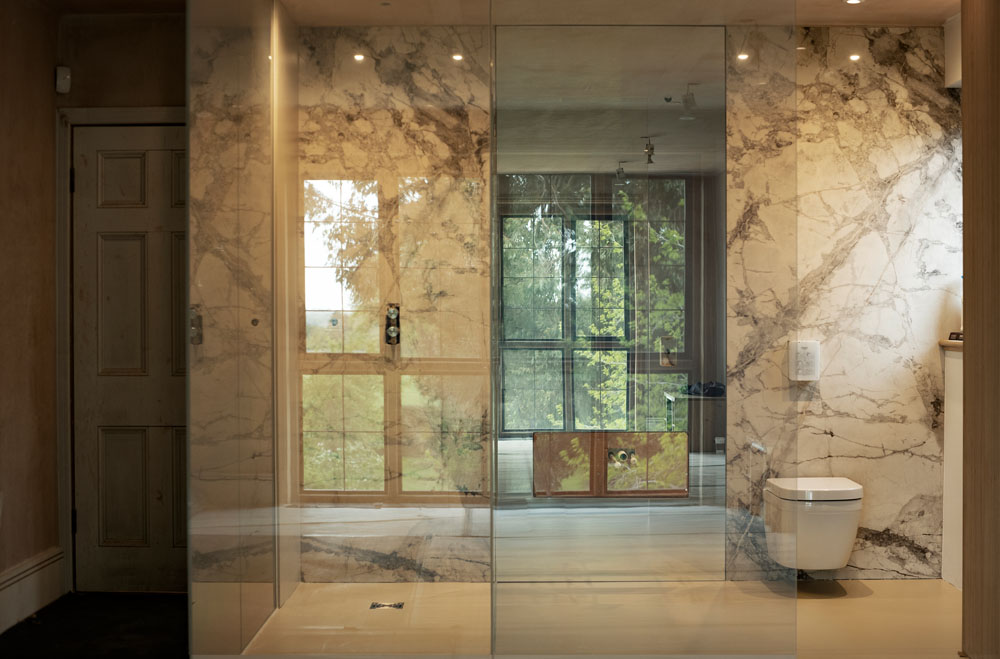
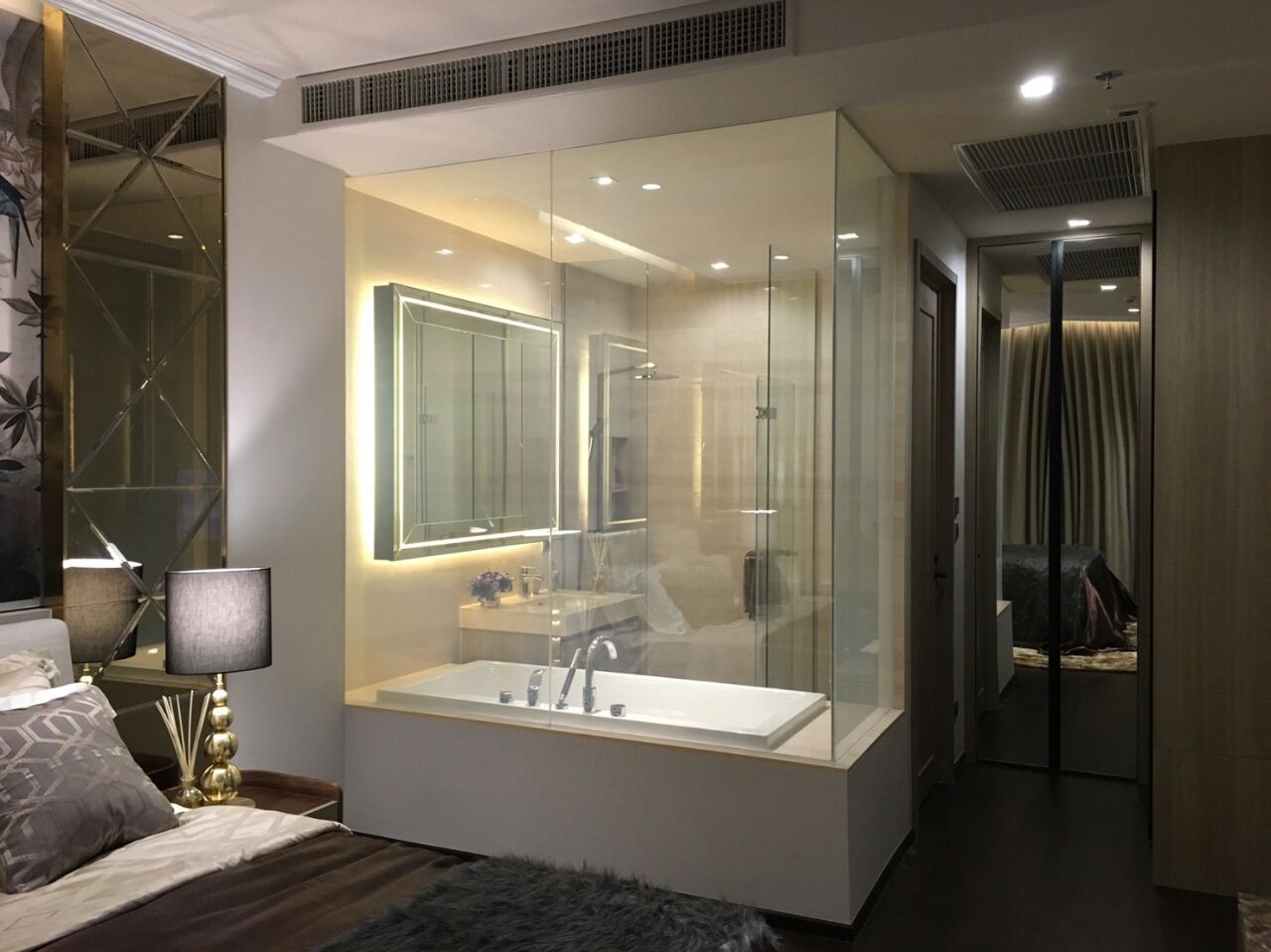
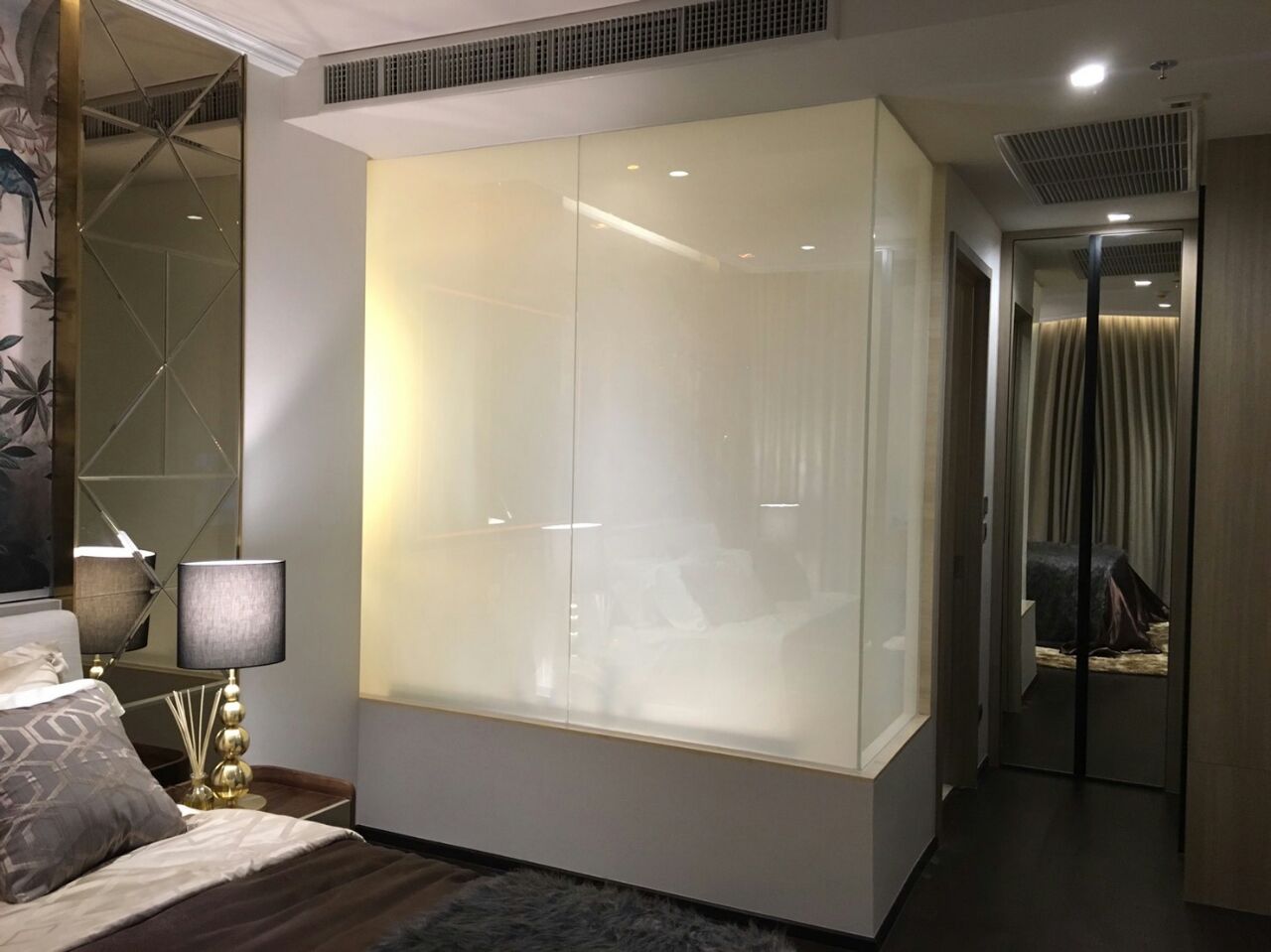
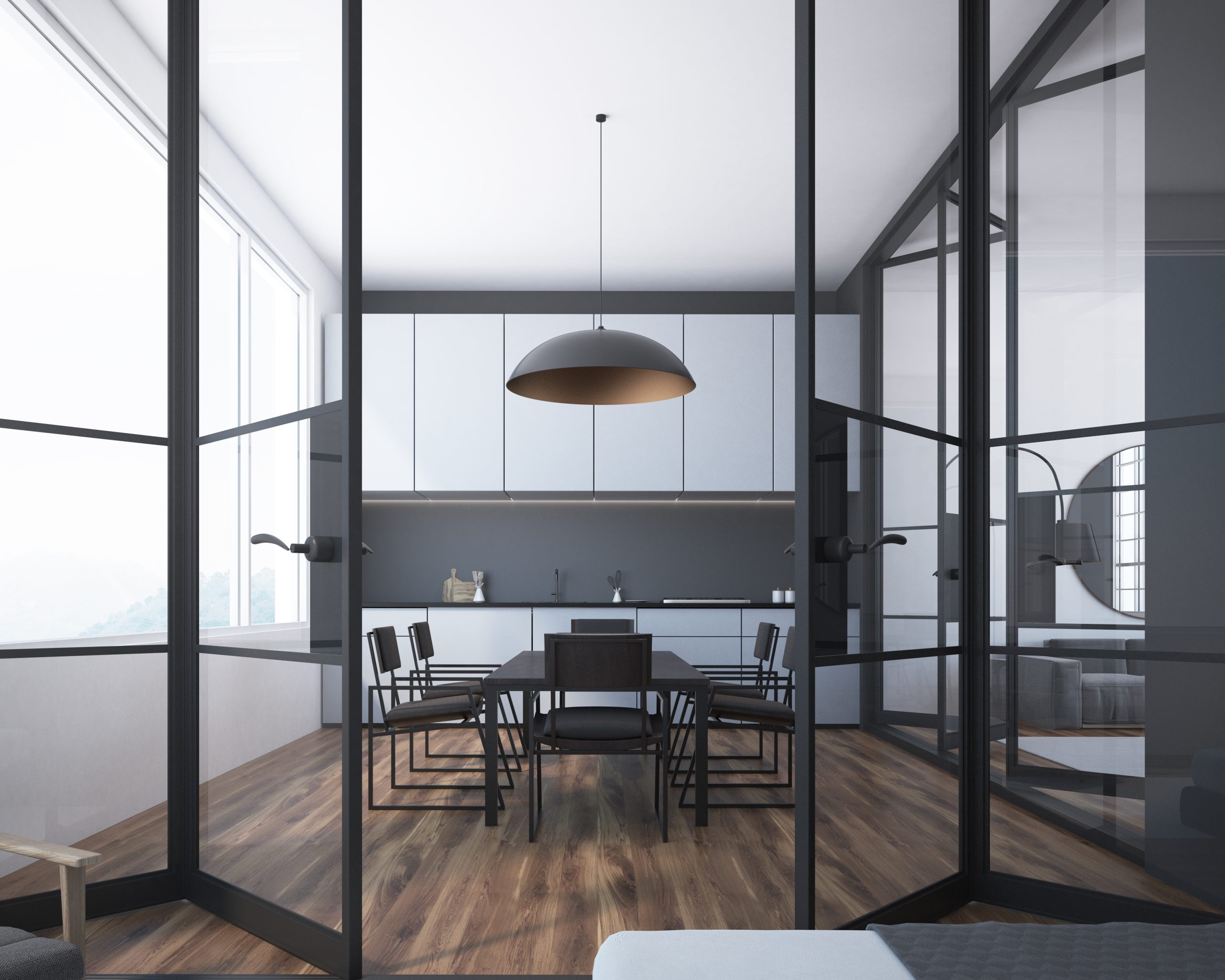
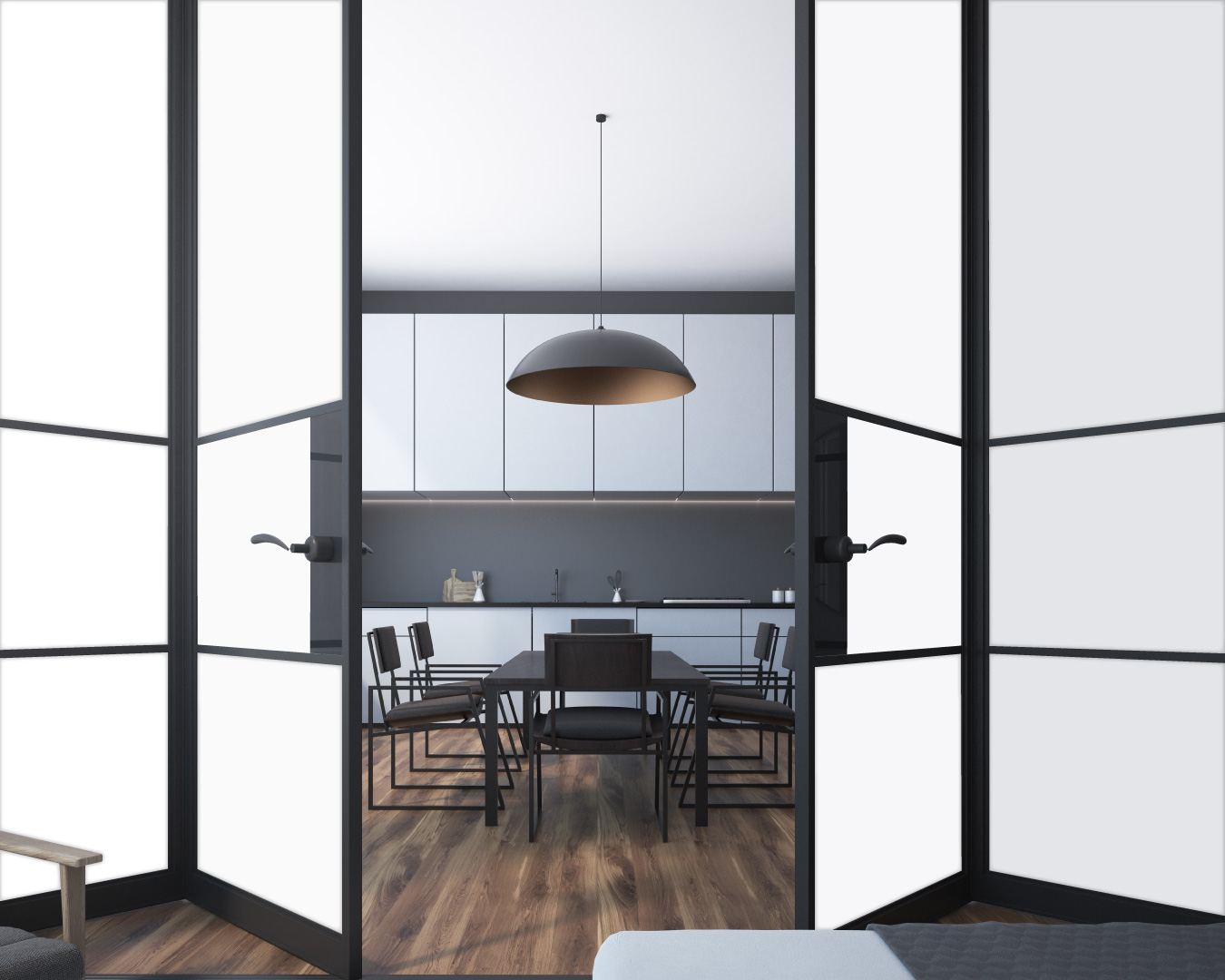
Frequently asked Questions
Our privacy glass works by utilising advanced PDLC (Polymer Dispersed Liquid Crystal) film. When an electrical current is applied, the liquid crystal molecules align, allowing light to pass through, making the glass transparent. When the current is switched off, the molecules mis-align, causing the glass to turn opaque or translucent, providing privacy.
Yes, smart glass technology can often be retrofitted into existing window frames, making it a viable option for renovations.
Smart glass maintenance is relatively straightforward, involving routine cleaning and occasional electrical system checks.
Absolutely, smart glass finds applications in offices, conference rooms, and retail spaces to enhance functionality and aesthetics.
Yes, smart glass offers varying levels of opacity, allowing for partial transparency settings to cater to different privacy needs.
Yes, smart glass can be seamlessly integrated into smart home setups, allowing for remote control and automation.
